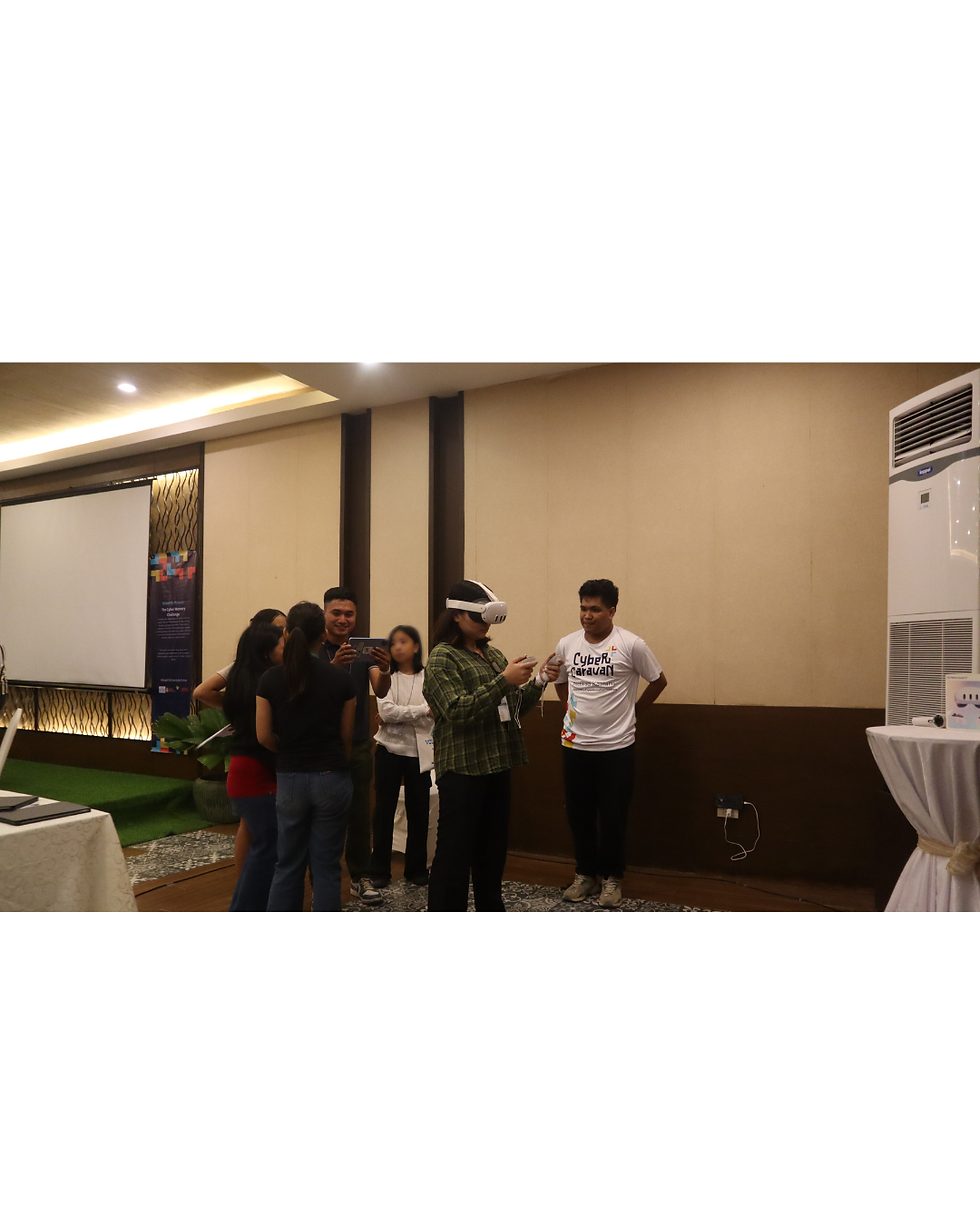#IWD2024: 'Years of violence and sexual exploitation'
- Arise

- Mar 6, 2024
- 4 min read
Updated: Mar 8, 2024
Arise women met with the HSBC women's group this week, discussing the gendered nature of human trafficking, and the women on the frontline working to prevent it. Anxhela Bruci, Arise's Albania Coordinator, addressed the group. Her remarks are below:

'Hello and thank you – it means so much to be here. I speak to you today as a woman living in Albania. While Albania has so much to offer from its beautiful landscapes, culture and history. I am here today to bring more light to the darkness of the human trafficking context in Albania.
Albania is a small country in Southeastern Europe, bordering Serbia and Greece. I’m not sure how familiar it is to Americans, but to Western Europeans, Albania is known for good value summer holidays and some turbulent recent history.
Today, I invite you to walk through the streets of Albania’s capital, Tirana, with me, imagining yourself in the shoes of an Albanian girl – Ana. Although Ana is not her real name, Ana’s story is true, and representative of the reality of 34,000 Albanians (mostly women and girls) trapped in forced labour or prostitution at any given moment.
Ana has grown up in a post-communist country stuck in transition, grappling with democratisation and the pursuit of economic stability and social development.

Her parents live in a small village in the north of Albania, where patriarchal norms shape the future of women and girls and their aspirations, and education and job opportunities are scarce.
In Ana’s neighbourhood, criminal gangs exploit the high levels of poverty and corruption, rendering Albanians one of the largest groups of foreign trafficked victims in the United Kingdom and other parts of Europe.
Most of Ana’s family and community do not know about human trafficking. People who disappear are understood to have left the community for a better life. They may leave with a trusted community member or a criminal posing as a recruitment agent or love partner, known as the ‘lover boy’ method.
Imagine Ana at age 13, on her way to school. By this time she had endured years of violence and sexual exploitation at the hands of her family. That day of school was critical, as she was referred by the school's psychosocial service for immediate support. She was in a serious psychological state. Her long-endured trauma had hurt her soul and silenced her words, a constant fear could be seen in her eyes.
Ana is one of many victims, including tens of thousands of children, who have experienced horrific violence and terror at the hands of traffickers, with patriarchal norms making women and girls especially vulnerable.
But where do women and girls in Albania go when their safety is threatened? Where could Ana or her family have gone to report her case? The current justice system in Albania is broken, due to a recent reform removing the majority of prosecutors from office. Low levels of trust in the police due to previous precedent of corruption and involvement of organised crime in police units, increases the barriers that victims are faced with when trying to escape from trafficking and seek help.
But Ana’s story doesn’t end here!
This is because, as we speak, 9 frontline groups, all part of a powerful local anti-trafficking network, are providing shelter, education, legal support, counselling, vocational training, and long-term reintegration support for vulnerable Albanians. More than 80% of these local anti-trafficking organisations are women-led and they all provide direct support to vulnerable groups, with an emphasis on women and girls.

Arise partners with these groups, supporting them to shelter and reintegrate girls like Ana.
Thanks to one of these groups, Ana was rescued at 13 years old. After 5 years of support and care, she moved on from the shelter and is studying psychology at university – a dream she never gave up on.
To scale the anti-trafficking response, and reach more people in need, networks of like-minded organisations are crucial.
Recognising the importance of collaboration and meeting a well-networked crime with a coordinated response, Arise has facilitated numerous network-strengthening initiatives and provided support for critical services to frontline organisations over the past 6 years. We have brought together representatives from NGOs, government agencies, media, and civil society, to exchange best practices, share experiences, and strengthen partnerships to fight human trafficking.
Through our unique capacity-building and network-led approach, Arise has empowered organisations to provide critical services to survivors, enhanced their capacity to advocate for systemic change, and raised awareness about human trafficking.
In 2022, we supported 7 local groups with 2,946 hours of training. Last year alone, our anti-trafficking projects with these groups reached 1248 people directly, to build their resilience to trafficking and re-trafficking.

With no government support and decreasing international interest, many of these groups are currently in survival mode. Arise is committed to continuing to invest in Albania, to enable a phenomenal frontline network to continue to reach women like Ana.
Ana is now 18, and dreams of inspiring women and girls through her paintings and words, to be a ray of hope for girls who might be in similar situations as hers, when she was 13 years old.
Women supporting women! We are an example of hope, justice, perseverance, and resilience. We are the strength and the voice that frightens traffickers. We are women!'
You can support this crucial anti-slavery frontline here.







